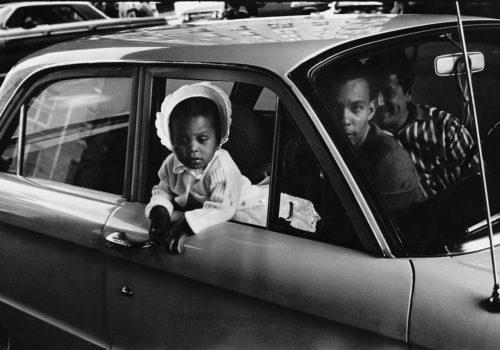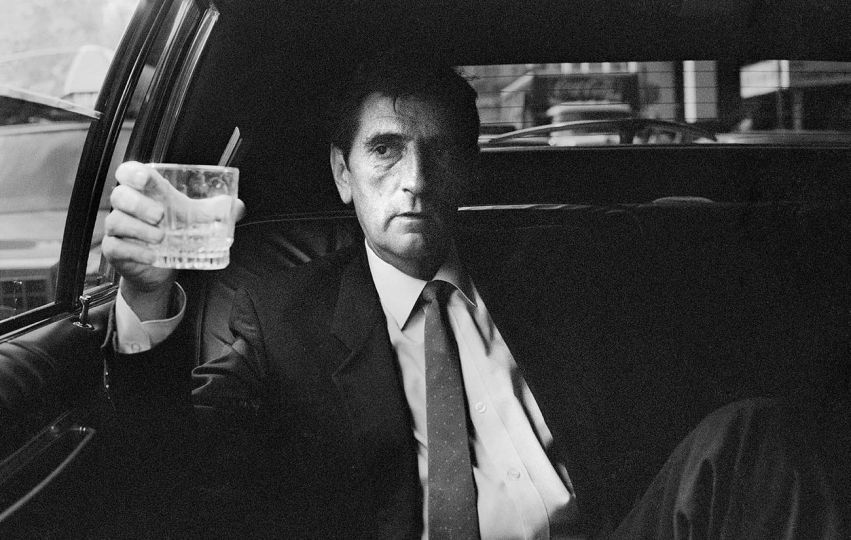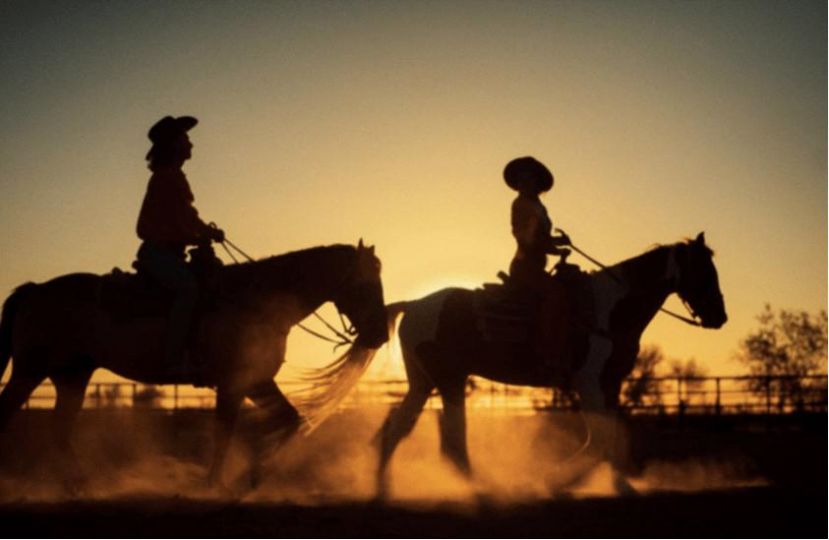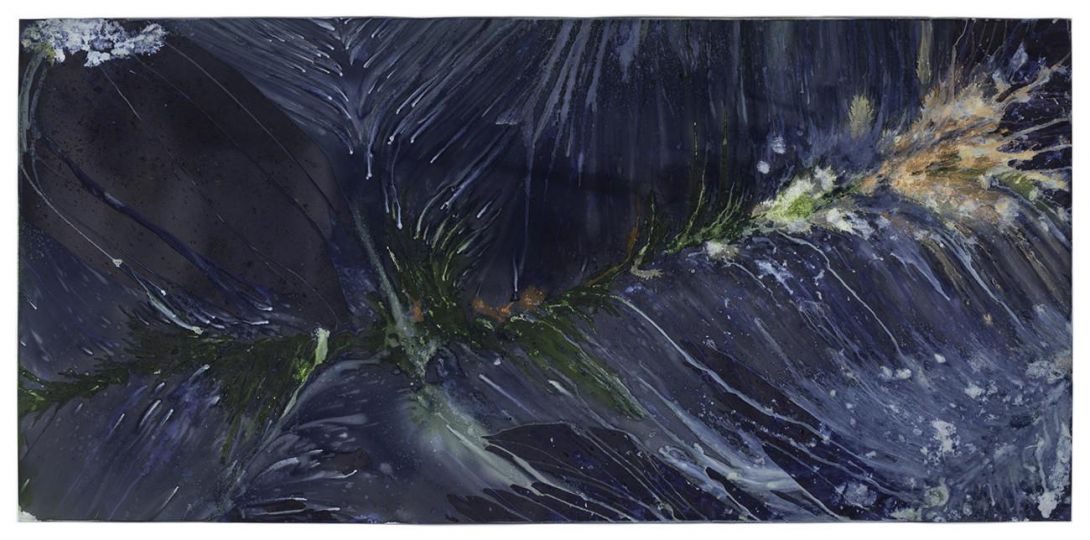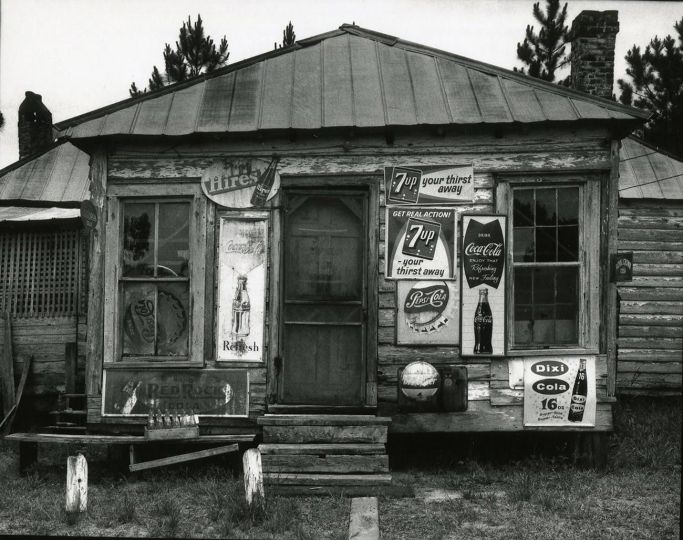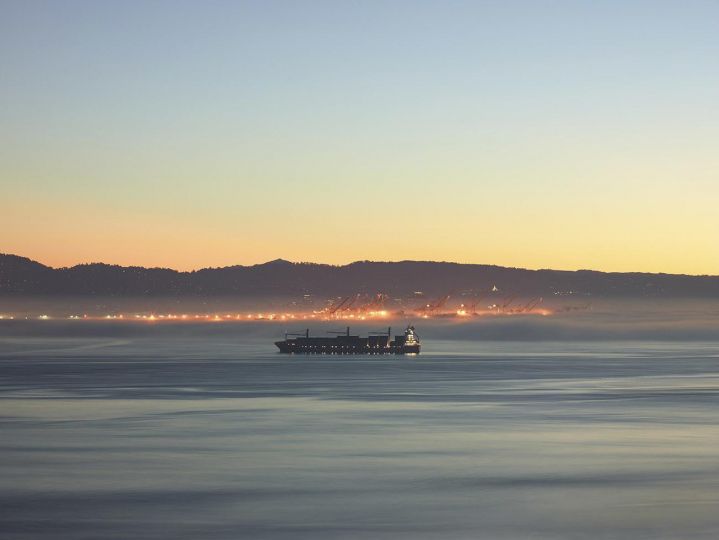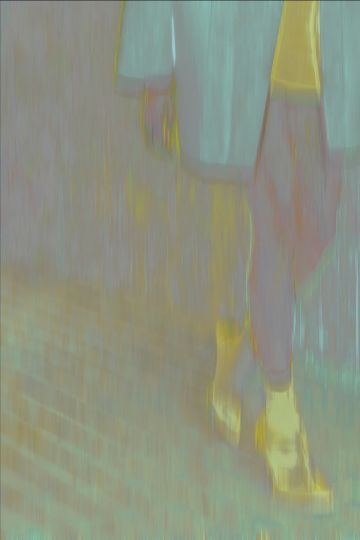Galerie Rouge organizes the first personal exhibition in France dedicated to the photographer Jill Freedman (1939-2019). Little known to the general public, Jill Freedman was nevertheless one of the most important American photographers of the second half of the 20th century. Close to the humanist tradition, she was a rebel with a big heart and a wonderful storyteller.
Her work is characterized by the desire to be as close as possible to those she photographed in order to restore human relationships in all their complexity with altruism and absence of judgment as the only guides.
Fiercely independent and open-minded, she was attracted to people with marginal lives, so-called “closed” societies and communities. She never photographed them as strangers but as friends, even as her own family, immersing herself entirely in the lives of her subjects in order to tell their story in the most faithful way. She thus created a humanist work, dark and committed, but also full of humor.
The exhibition is structured around three “worlds” that Jill Freedman encountered and photographed over a long period of time: the streets of New York, her adopted city since 1964; the Poor People’s March on Washington organized following the assassination of Martin Luther King in 1968; and the life of a traveling circus in the Southeastern United States in the 1970s.
A photographer of great virtuosity, she herself produced her own prints particularly appreciating chiaroscuro effects. Often dark, they gave way to a light that radiated her pictures and the people in them.
Born October 19, 1939 in Pittsburgh, Jill Freedman was an American street photographer close to the humanist tradition.
A graduate of sociology and anthropology at the University of Pittsburgh, Jill Freedman left the United States at the age of 21 to go to Israel and then to Europe where she lived for four years. A woman of a thousand lives, her passion for music, and more particularly jazz, allowed her to partly finance her by singing in bars – La Contrescarpe in Paris – as well as on the set of the BBC show, Tonight Show in London. Back in the United States, she moved to New York City in 1964, in the heart of Greenwich Village, a neighborhood whose cultural excitement she captured in the 1970s and 1980s. Described as a photographer “in the service of humanity”, she left her job as an advertising editor after the death of Martin Luther King in 1968 to participate in the “Poor People’s March” in Washington D.C and live in Resurrection City for the six weeks of the protest. Life magazine published her photographs which can be found in Jill Freedman’s first book entitled Old News: Resurrection City (Grossman editions, 1970).
In the early 1970s, guided by her child’s view, Jill Freedman followed the Clyde Beatty-Cole traveling circus for two months and published a book in 1975, Circus Days, at the end of her trip. The same year, Jill Freedman began photographing New York firefighters. The two years that she spent alongside them culminated in the book Firehouse in 1977. Although critical of police violence, she then produced a series devoted to the New York City police (NYPD) published in Street Cops in 1981 This series allowed Jill Freedman to overcome her own prejudices and “unveil this work from the inside, with humanity”.
After living for a few years near Miami Beach, Jill Freedman spent the end of her life in Harlem where she died of cancer on October 9th, 2019.
Les Mondes de Jill Freedman
from September 28 to December 2, 2023
Opening reception on Thursday September 28 from 6 p.m.
La Galerie Rouge
3 rue du Pont Louis-Philippe
75004 Paris
01 42 77 38 24
www.lagalerierouge.paris

